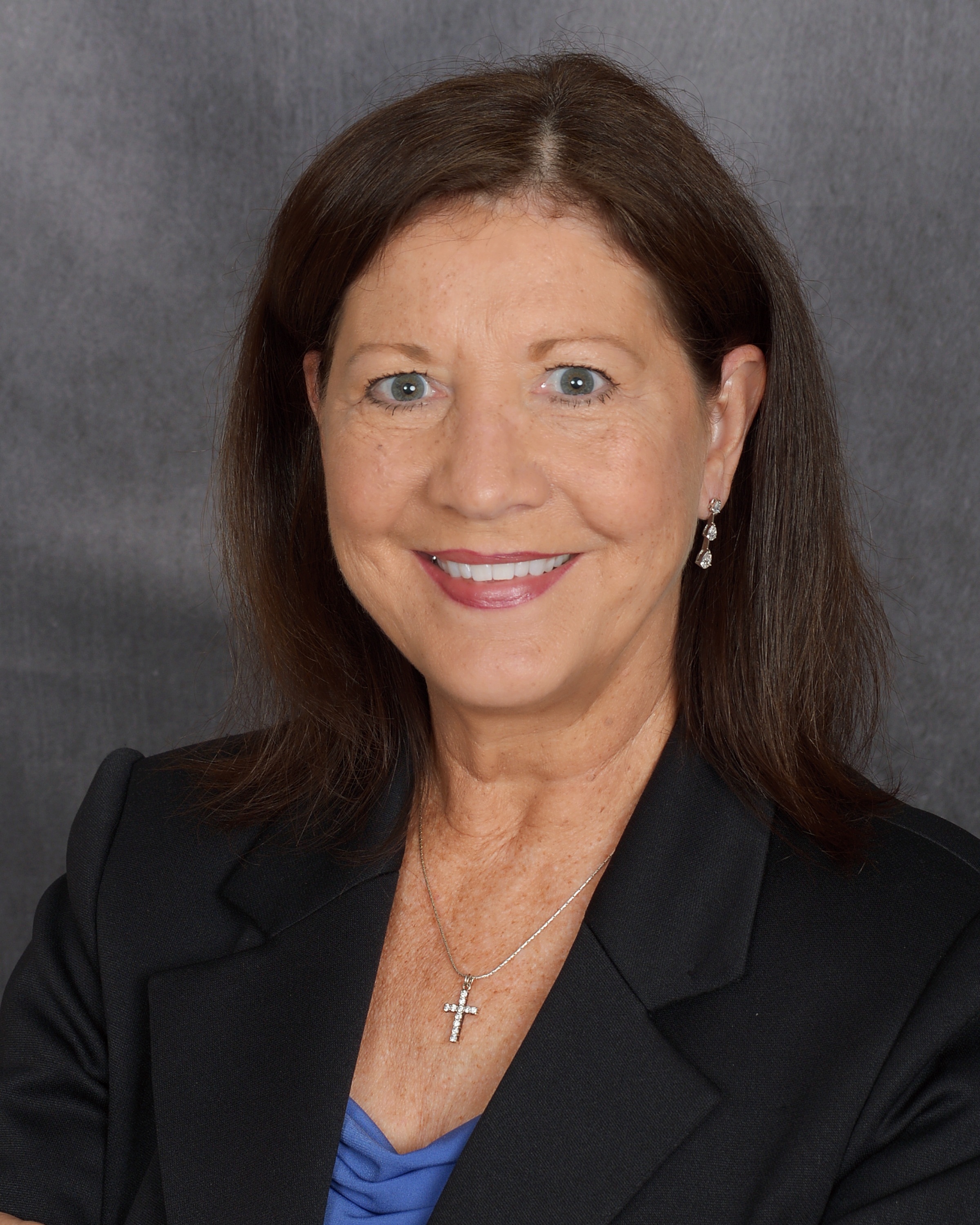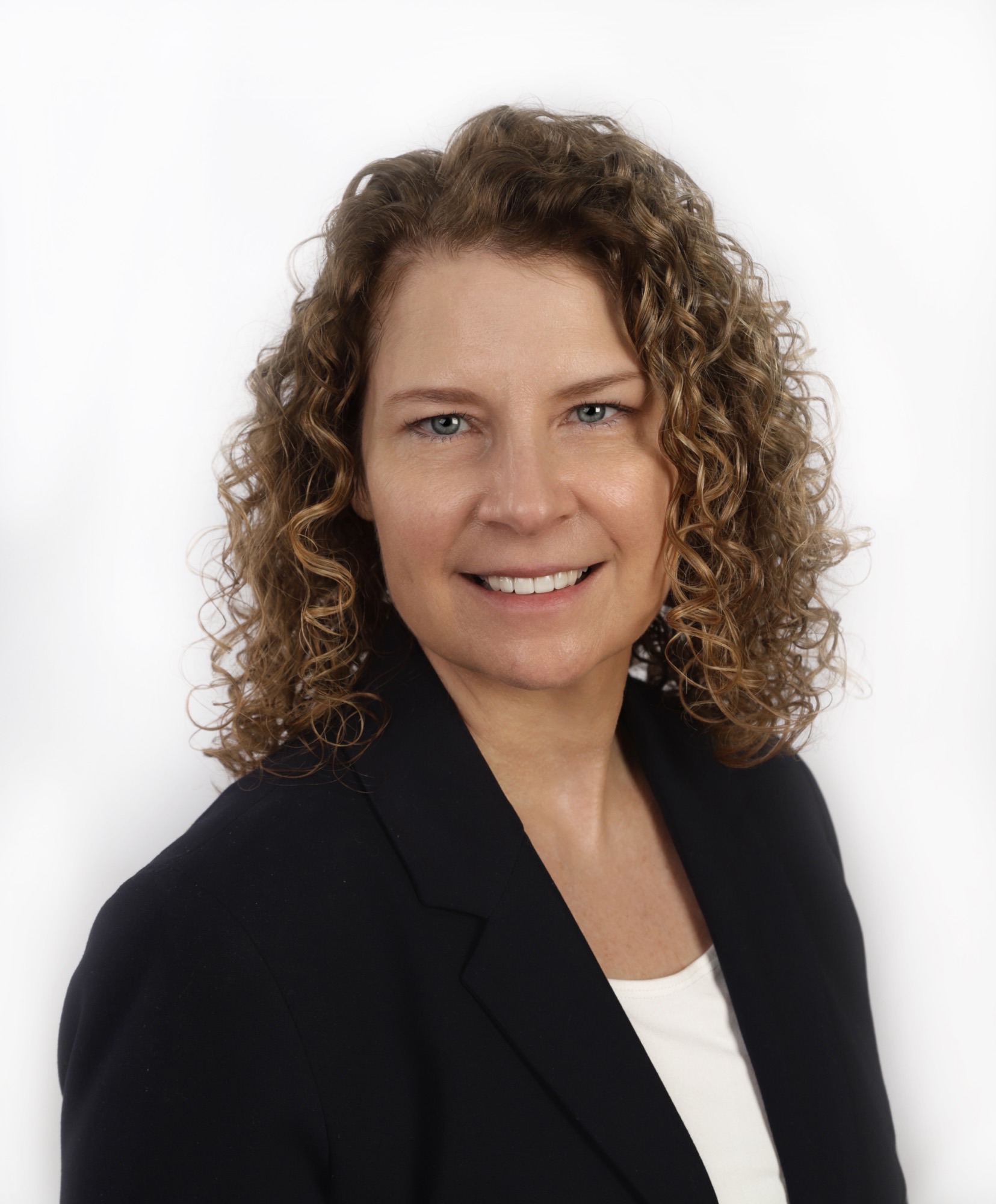Members Only | 02.27.24
What MSPs Can Expect When Called to Court
By Teddy Durgin

Kathy Matzka
There is always a possibility that medical services professionals (MSPs) will find themselves in a court of law being deposed, called to testify in a case, or serve as an expert witness. For those who have been down this road already, questions leap to mind. “What was the experience like?” “How did you prepare?” and “Do you have any tips for other NAMSS members who have been served a summons?”
One person who has been through the process is Kathy Matzka, a consultant, speaker, and writer specializing in provider credentialing and professional staff issues for hospitals, long-term care communities, managed care organizations, credentials verification organizations, and physician practices. She says there is really no reason to get nervous when a court date nears. “You just have to remind yourself that you are expressing your opinions and the reasons for the opinions,” she says.
Karen Claxton, MBA, CPCS, CPMSM, FMSP, director of medical staff services at Memorial Health Meadows Hospital in Georgia, agrees to an extent. But, when recalling appearing in court for a former employer, she acknowledges, “Depositions can be very nerve-wracking. I felt like if I said the wrong thing, I would sink the whole case for my hospital. It felt like a real weight on my shoulders. Spending time with our attorney to prepare was very helpful. He told me to pause before answering to give him a chance to object or clarify. He also told me to answer the question without offering additional information.”
Good tips, for sure. Matzka had a few of her own: “Keep in mind that, in most cases, attorneys and judges know very little to nothing about the medical staff credentialing and privileging process. I spend a lot of time educating attorneys, as will most who testify regarding credentialing and privileging issues. I was told once during prep for a deposition to keep in mind that I am the expert. There is no one else in the room who knows more about credentialing and privileging that I do.”
For both women, there were aspects of the legal cases they have been involved in that have surprised them. Claxton says she was surprised at how many ways a lawyer can ask the same question. There was also the matter of reading the transcript. “They give you an opportunity to read the transcript and correct any misquoted words,” she recalls. “I was really surprised that I tend to talk in incomplete sentences! It was really apparent when reviewing the transcript.”

Karen Claxton
Matzka adds, “I have continuously been surprised at some of the poor credentialing and privileging practices some hospitals and healthcare systems have. In most cases, there are good bylaws, policies, and procedures, but they are not followed consistently.”
Among the main issues she has seen are inappropriate people listed as peer references, no documentation of experience and/or competency, and doctors and other providers with incomplete applications being put through the approval process. Also concerning, she adds, are the number of physicians with red flags — i.e., multiple malpractice cases, licensure disciplinary issues, behavior and dependency issues — being appointed to medical staffs.
Claxton has been deposed in two cases to date. “Neither were negligent credentialing cases, but both cases requested copies of credential files,” she recalls. “Thankfully, we had a robust credentialing process, and we were able to document and speak to it. I learned a lot about documentation. Being deposed makes you think about defending the documentation you are obtaining.”
Of course, some cases loom larger than others in one’s memory. For Matzka, she had a case out of Kentucky a few years back in which she was hired by the plaintiff’s attorney (Spalding, et al v. Spring View Hospital). “This hospital had good credentialing practices,” she says. “The physician in question was not board certified as required by the medical staff bylaws and no grandfathering or waiver was made on his behalf. I testified that the standard of care for a reasonable hospital is to follow your bylaws and that this doctor was not eligible for appointment and privileges because he was not board certified as required by the bylaws.”
The trial court did not agree with her. It stated that, if it were to adopt her reasoning that hospitals create a higher standard of liability when the hospital establishes a higher standard for credentialing, it would discourage hospitals from setting higher standards. The case went all the way to the Kentucky Supreme Court.
Matzka states, “The Kentucky Supreme Court agreed with the trial court, stating that it agreed that my testimony stated an erroneous standard of care; therefore, my testimony could not be presented to the jury. This is rather ironic, as one of the first things we are taught to do when there is a question about qualifications of an applicant is to see what the bylaws require. CMS regulations require that medical staff bylaws must apply equally to all practitioners and that the governing body must ensure the medical staff requirements are met. This case taught me that, although I know what the standard of care is, the courts may not have the same opinion.”
For sure, this was a good lesson to learn for her and for any NAMSS members reading this. Claxton had one final piece of advice to impart, a basic one, but one just as vital when taking the stand: “Eat beforehand! Depositions can be long, and they don’t always break for lunch.”